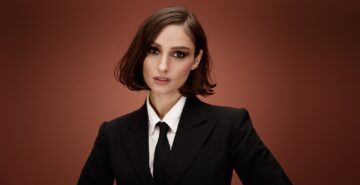
WEEKEND MUSIC PT. 51: BANKS Unveils ‘Meddle in the Mold’ on COLORS
With an enchanting fusion of haunting melodies and raw emotion, BANKS steps onto the…
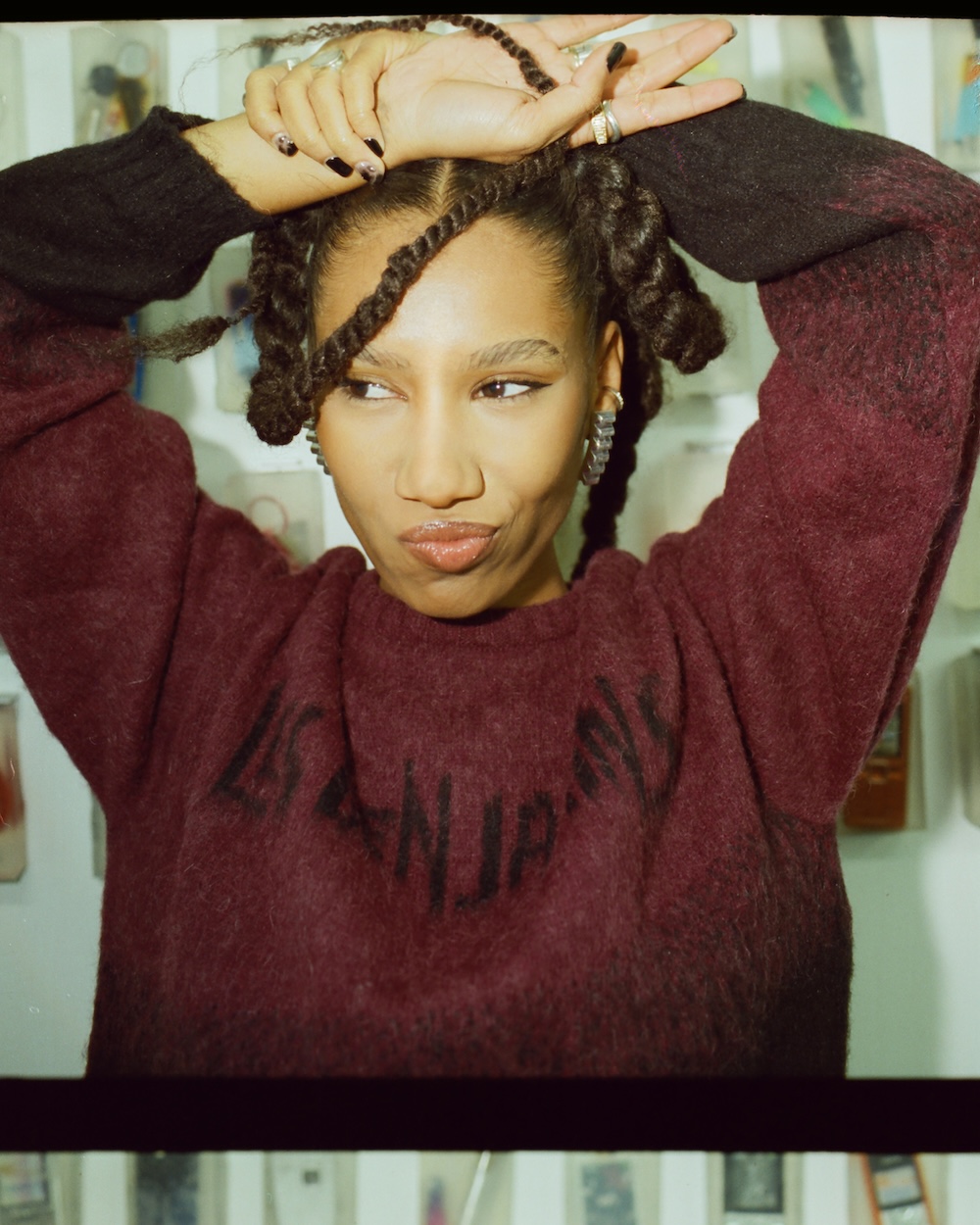
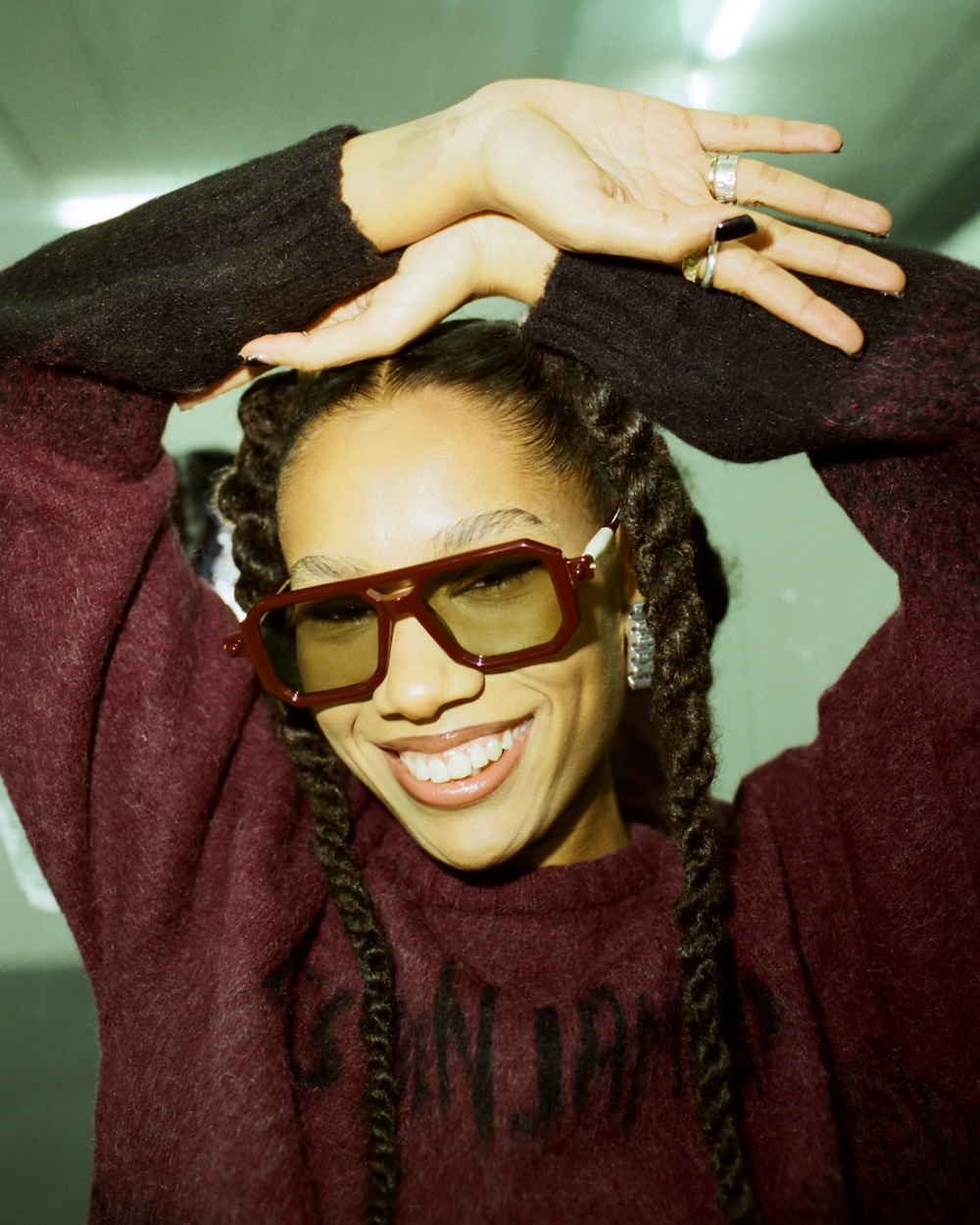
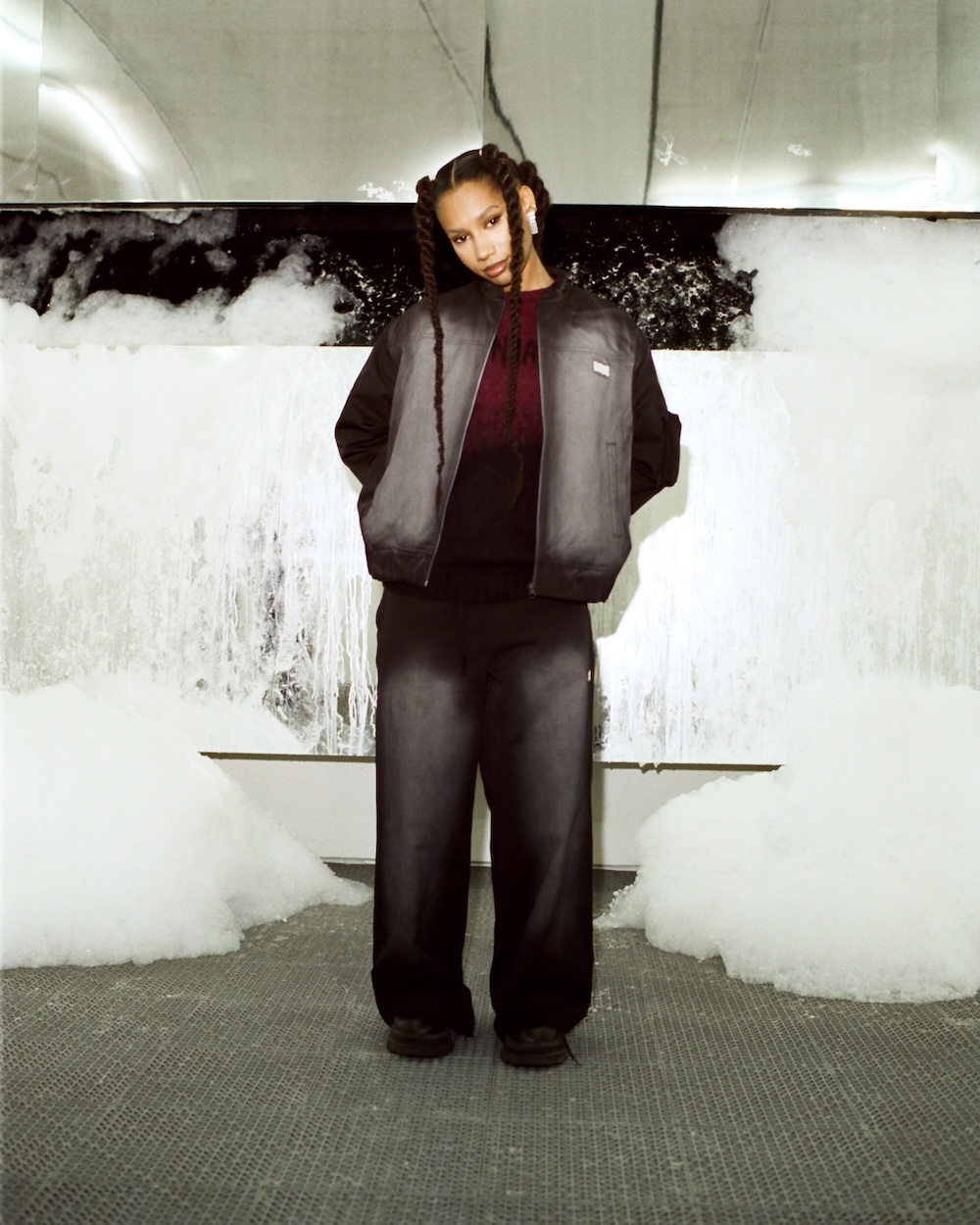
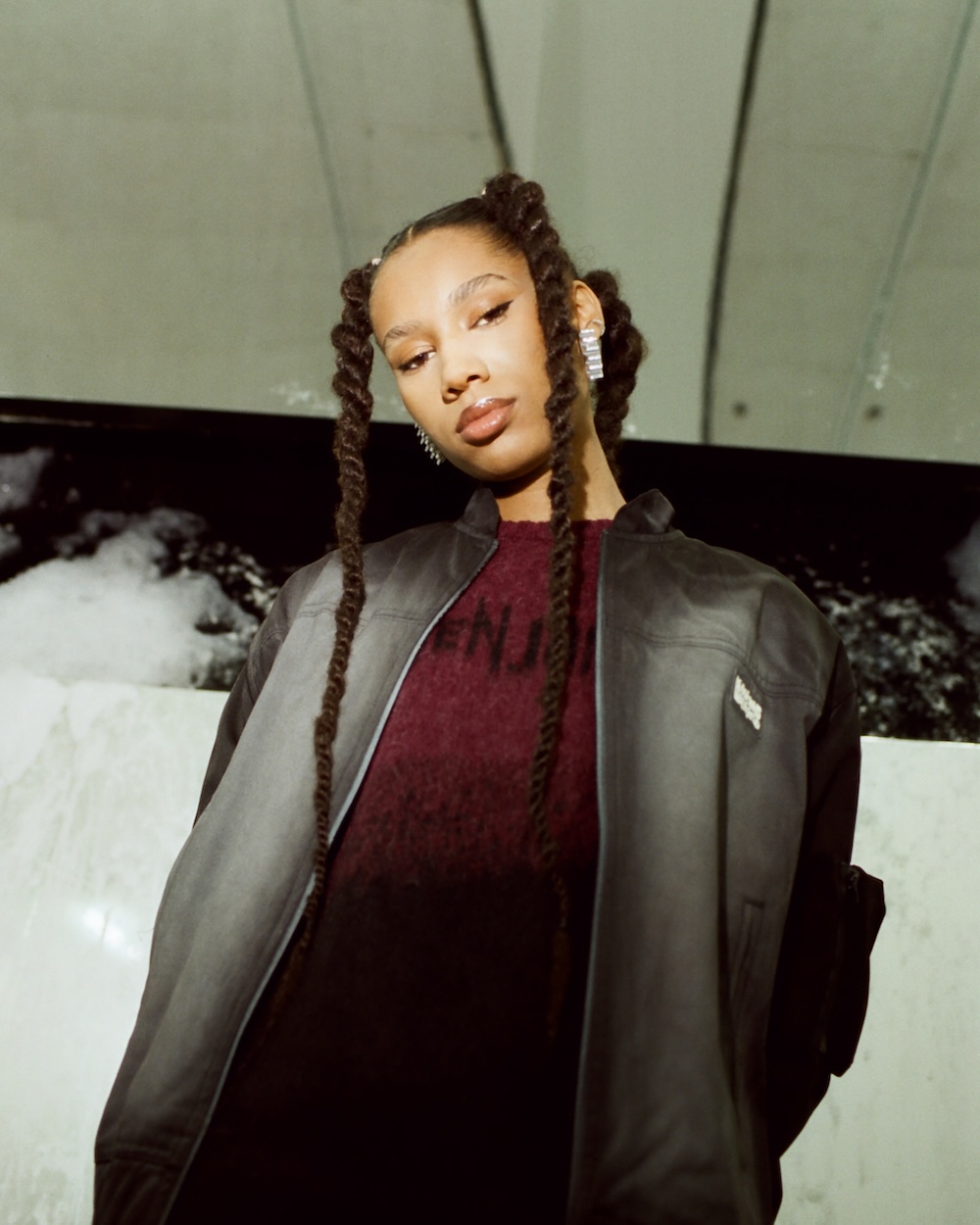
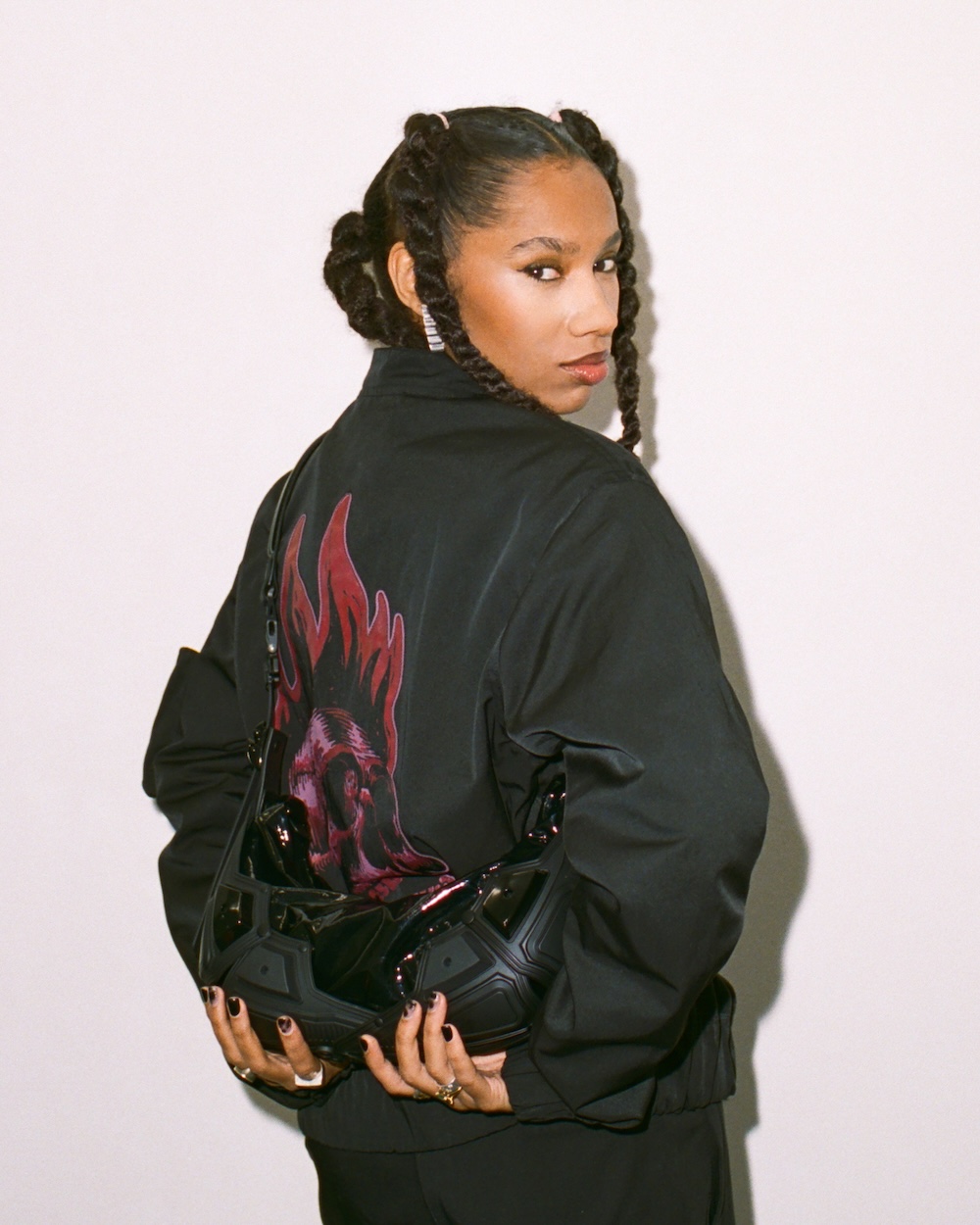
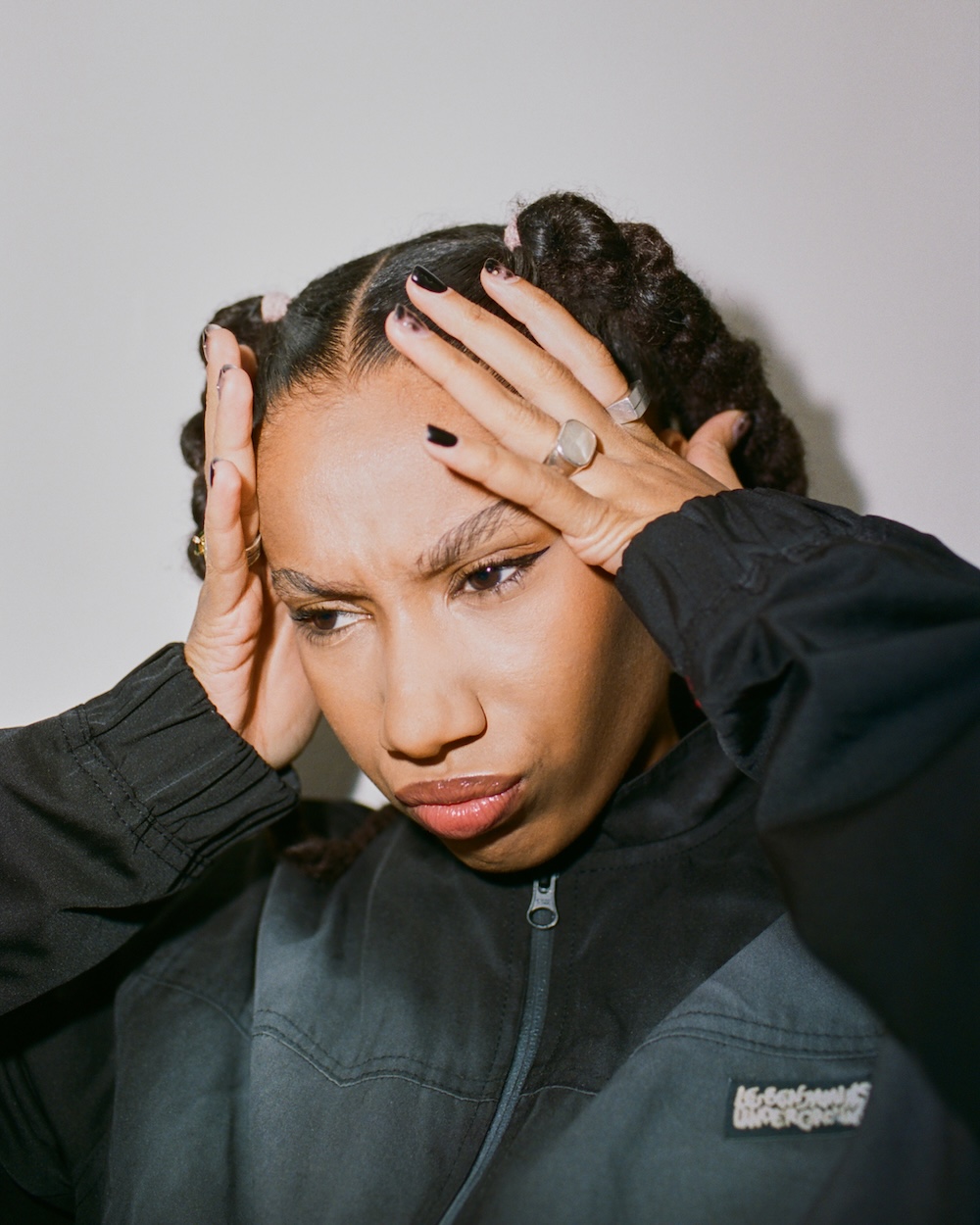
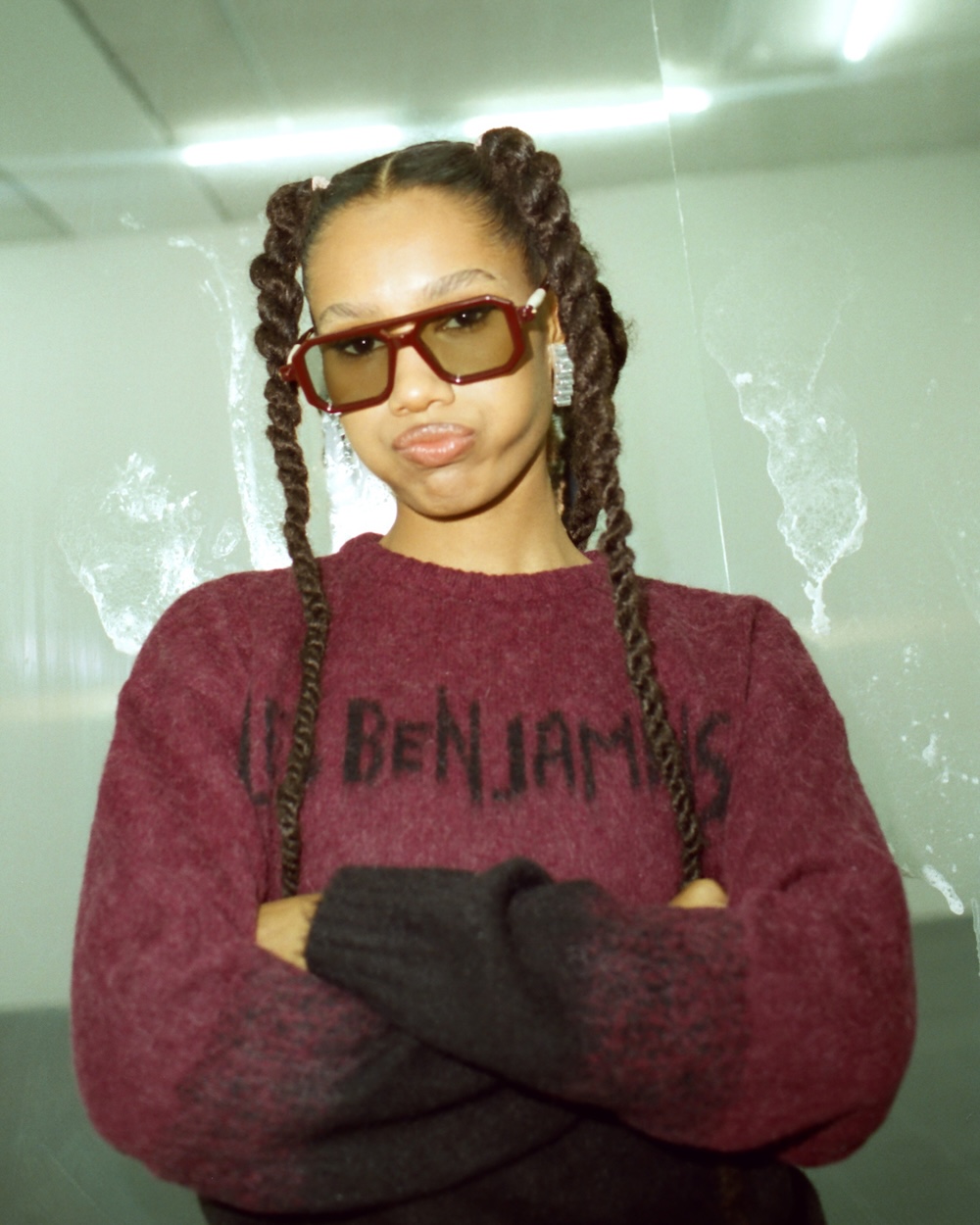
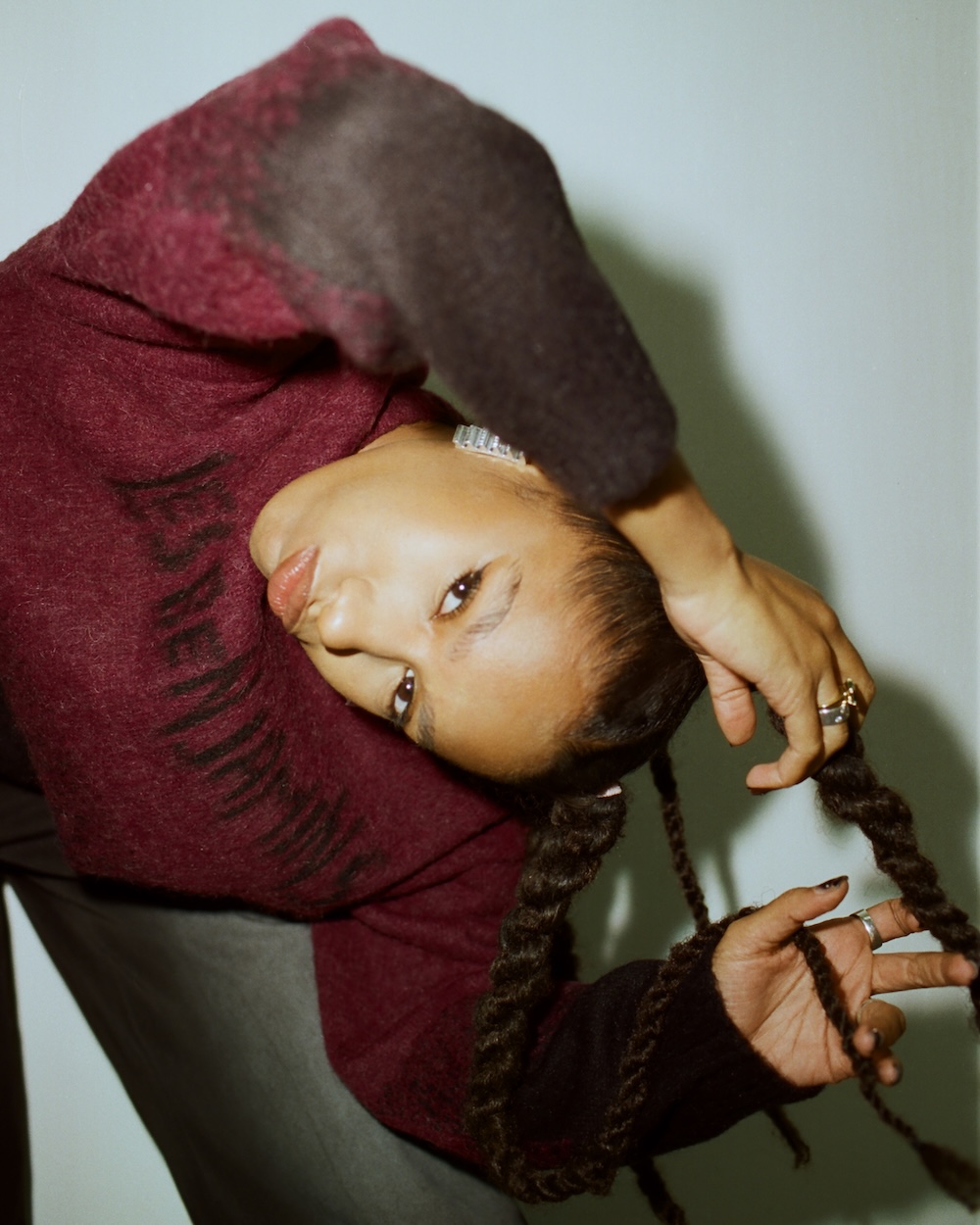
A modern musical mosaic
From Keinemusik to Jakarta and her residency with Telekom Electronic Beats, ZenGxrl has quickly made a name for herself as a boundary-pushing artist in the electronic music scene. We spoke about musical transitions, career paths, sunsets and decisions that shape a journey.
ZenGxrl: That’s hard to say. I just play what I like, without set rules. I focus a lot on Black music, especially African genres like Kuduru, Gqom, or Amapiano. Africa is so vast, and its music often gets lumped together, although there are so many nuances. Angolan-inspired sounds, like Batida—which is almost like Kuduru’s child and rapidly grew in Portugal’s suburbs—inspire me. In the end, I also play house, funk—whatever feels right. Rest assured, there will definitely be some Beyoncé in the mix! Just like you said: Blending different genres. But I look for instrumentals rather than for drums, which then becomes the transitional impulse.
From the start, I had an idea of it and followed DJs and artists who were already blending genres. At the beginning, you often lack the tools to bring your ideas to life and translate them into an actual performance. Playing in different places and connecting with various cultures and people made me more intentional. Another big part is to adapt to an environment—some places I only play house, or only funk. It depends on the crowd and the vibe on site. It’s about reading the crowd while playing what I want and like. It’s like a balance I have to find. For some part I can adapt, but inside the spectrum of music I adore. By now, I focus on telling a soulful story with each set. Genre-mixing was always a vibe, but now I’m more deliberate about it.
Honestly, I am quite the nervous, anxious, but perfectionist person. So, usually, I plan the first 20 minutes of my set roughly to calm myself and have some sort of a foundation to start from. After that, it’s all about reading the crowd. I love transitions—for me, they’re almost like creating new songs. Sometimes I feel like it’s even the most interesting part for me, having the “in between” interpreted as an own musical entity. Mixing an R&B track into a Jersey Club song is pure magic. Improvising gives me energy, but I need a prepared start. Hearing yourself make a hot transition, can be sooo rewarding. Just lately, I was like, oh my god, I am confused right now. What did I do? I didn’t even know I had this in me (laughs).
Yes, just recently. I transitioned between a Baile Funk Song to Justin Bieber.
I feel like that’s what makes me, as a person, as an artist: Playing with no limits and being allowed to bring references from everywhere.
Being a DJ, songs are like my instruments.
Oh, definitely, it’s very present. But, it’s not simply a combination of famous pop songs and some world music in between. What I often like to do is play an acapella version and mix it, because I know how I feel when I enter a club or a gig by another DJ and the first thing I hear is two original pop hits right consecutively.
I feel like there isn’t really a story or an art perspective of a set. Being a DJ, songs are like my instruments. I need to know how to play them and try to reflect my art and my experiences and personality through it.
So it’s not that I’m going to play four Justin Bieber songs in a row, that would be ridiculous. But I’ll play Beyoncé four times, if needed, in one hour. It’s Beyoncé (laughs). I’ll play an edit, an acapella and then I’ll play an original because, well, yeah, it’s Beyoncé. Other than her, I really like Childish Gambino, A$AP Rocky, Tina Turner, and going more electronic, definitely Beltran, Sango… But you know what? Actually, I feel like Beyoncé is my favorite artist because I know almost every song of hers. So I want to stick to that answer (laughs).
As many people do, I very much enjoy watching people, especially in cities like Berlin. But honestly, nothing inspires me like music.
Colors and shapes fascinate me. I love fashion photography with flash, those sharp shadows.
Or the ones we shot with Kane Holz right here in Berlin. Which brings me to another fascination: As many people do, I very much enjoy watching people, especially in cities like Berlin. But honestly, nothing inspires me like music. Sometimes I hear a song and want to find the right transition for it right away. Even if it’s very challenging like with Congolese Rumba. Pheeew.
Well, as I am quite young, I can’t assess the way it was before. But in terms of professionalism, this might be right in many areas. When my parents studied something, they knew, this is going to be the job they will later end up with. Today you can study subjects that don’t even have a concise job description at the end.
There was, actually. I was 10 years old and visiting Angola for the first time. I remember sitting at my dad’s computer, opening Word, and creating a page with black borders and hot pink text. I was pretending to design a magazine cover. At the same time, I was recording myself playing guitar and singing. Those early moments stayed with me. But later, I followed a more traditional path, studying accounting in university. I thought I wanted to be a financial strategist for Comme des Garçons. But as I started DJing, it became clear that music was where I belonged, even though it meant dropping out. Those early experiments on my dad’s computer were my first real steps into creativity. My mom was supportive but firm—she told me, “If you’re going to do this, you have to do it seriously and do it well.” That gave me the push I needed to fully commit to this path.
Definitely, especially when it comes to material things. For instance, I love fashion, but I try to avoid excess. I think about how I can use something for a while and pass it on, instead of hoarding it. It’s not perfect—I sometimes hold onto things thinking I’ll need them later—but I’m trying to be mindful of my waste. In the end: No consumption brings me the same joy as a beautiful sunset does.
Personally, Portugal is my retreat. But artistically, I need variety. Traveling broadens my perspective. Recently, I played in Uzbekistan… Or, I didn’t just play—I tried to understand the culture, mixing in some of their traditional instruments and music without having to alter it. Experiences like that shape me.
Many. My first set in London at a Supreme party was special. Or Sonar in Lisbon, playing for a mixed crowd of people of different ages. We talked about the lack of a career path in creative professionalism in comparison to the career path of an accountant, for instance. Being allowed to play a festival like Sonar and hearing from different generations they enjoyed my set, really resonates with me and makes me believe in what I do. Memories like those keep me motivated.
Not underestimating people. Everyone has something to teach, even if it’s just a different perspective. I also value the doubts I’ve faced—they push me forward.

With an enchanting fusion of haunting melodies and raw emotion, BANKS steps onto the…
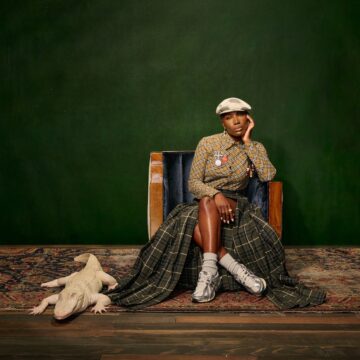
A NIGHT OF FIRSTS AT THE GRAMMY AWARDS FOR ARTIST DOECHII
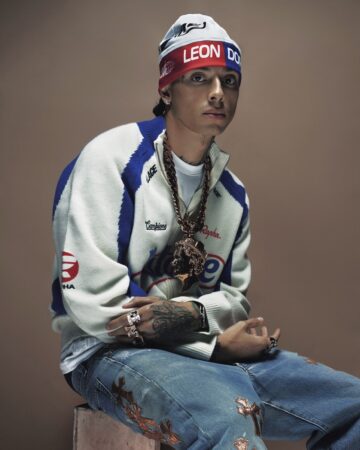
Record-breaking British rapper Central Cee has just released his debut album “Can't Rush…